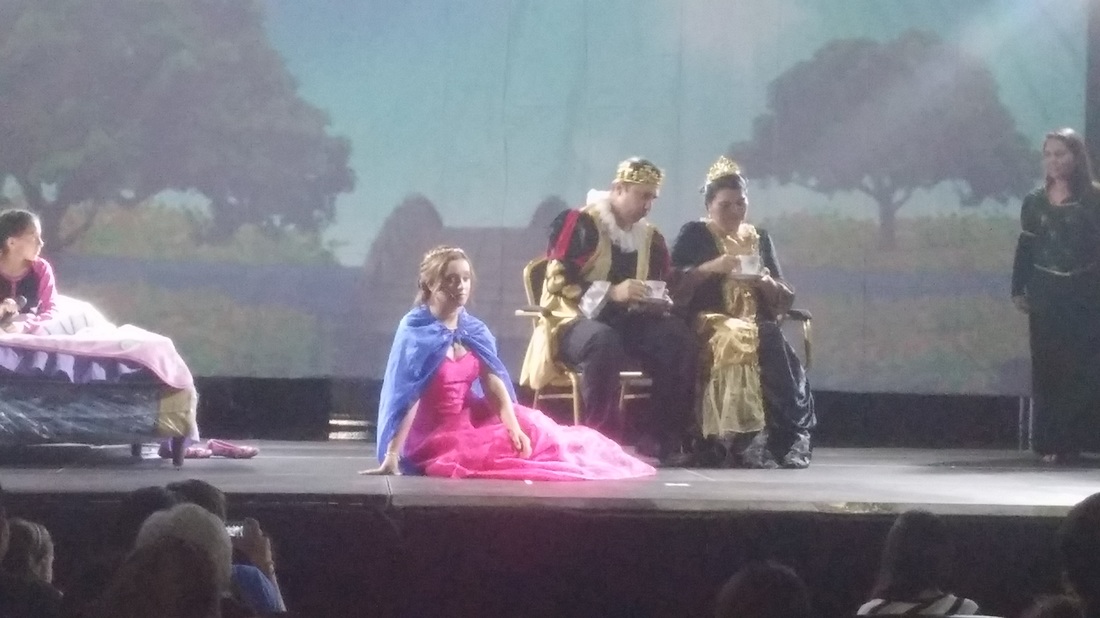Then I wrote a little story called The Princess and the Kiss, and became embroiled in discussions about marriage and sexuality. Over a half-million people own the book, and many call it their favorite.
I had no idea that the book would raise so much controversy. Some mistook the story to mean that unless they saved their first physical kiss for marriage, they were damaged goods, and they wrote angry blogs. Some railed against the shaming effects of such “impossible” standards.
Some took the symbolism of the book to other ridiculous extremes, saying that the kiss (depicted in the story as a light in a bell jar) represented certain private parts of the female body, and devalued women.
But the story is simply an ideal. Obviously, relationships, dating, courtship and marriage aren’t that neat and tidy. The book ends with the wedding, which seems handy because it avoids any conflict that might follow in the reality of a married relationship. My intent was simply to depict the beauty of restraint and consideration in choosing a spouse wisely and beginning a family.
Men and women do long to be connected and raise families, in real life. They do long to be treasured by one person for a lifetime. They do long to have babies, pass on a family name, be part of a history and leave a legacy. And marriage can do all those things, though the process is much messier than this sweet story, and often very costly.
Interestingly, that messy, costly path hasn’t stopped people from pursuing the ideal.
The Princess and its companion book for boys, The Squire and the Scroll, has been made into a musical, a drama, ballet, puppet shows and readers’ theater. Some of those performances have unexpectedly drawn hundreds of people.
This week I received a note from a new friend in El Salvador. I knew that she had been working on a drama of The Princess that she planned to present to an audience of 1-200 people. I had seen the efforts to advertise the production and was impressed, looking forward to their success.
Their success came in the form of 600 unexpected guests, for a total audience of 800.
Why? Why does this simple story continue to draw the attention of families all over the world … in Nigeria, Namibia, Australia, India, Nicaragua, the Dominican Republic, and of course the US?
Because men and women will always long to be connected and raise families. They long to be treasured by one person for a lifetime. They long to have babies, pass on a family name, be part of a history and leave a legacy. And traditional marriage is the only institution that holds the possibility of all of those things.
THANK YOU to my friends in San Salvador for celebrating that hope and desire again. My heart is for you.


 RSS Feed
RSS Feed


